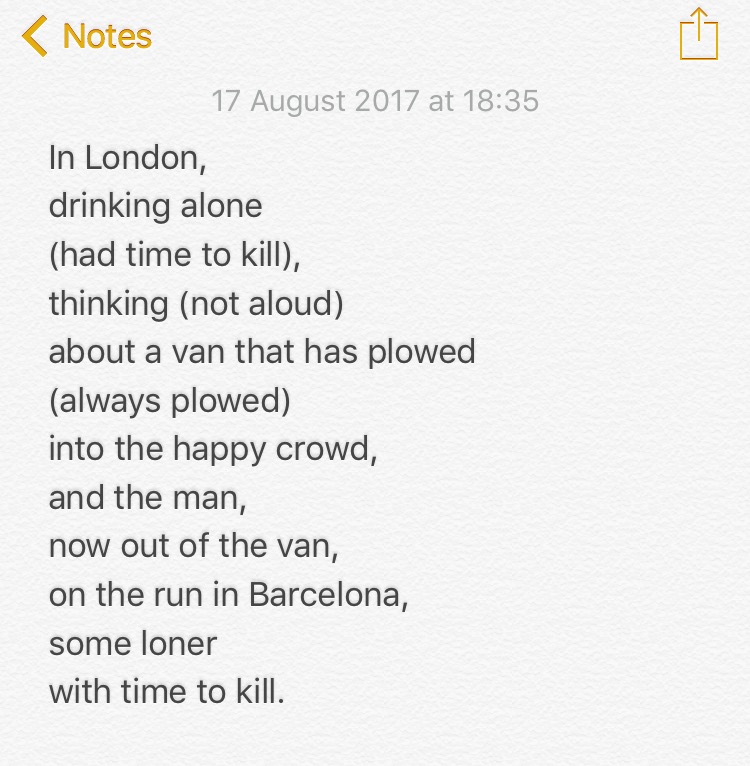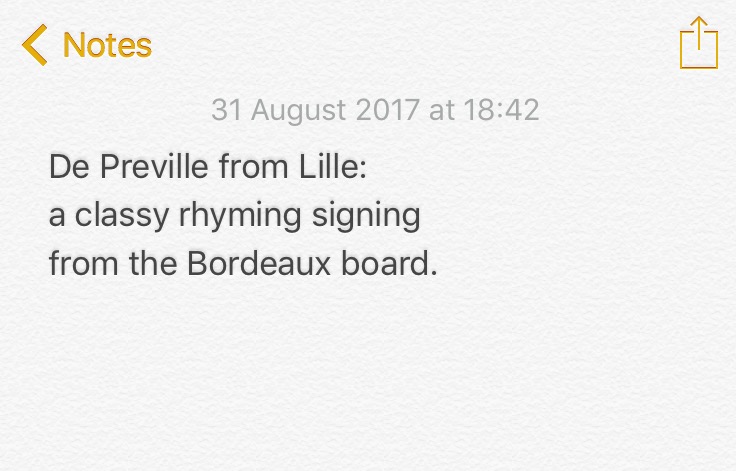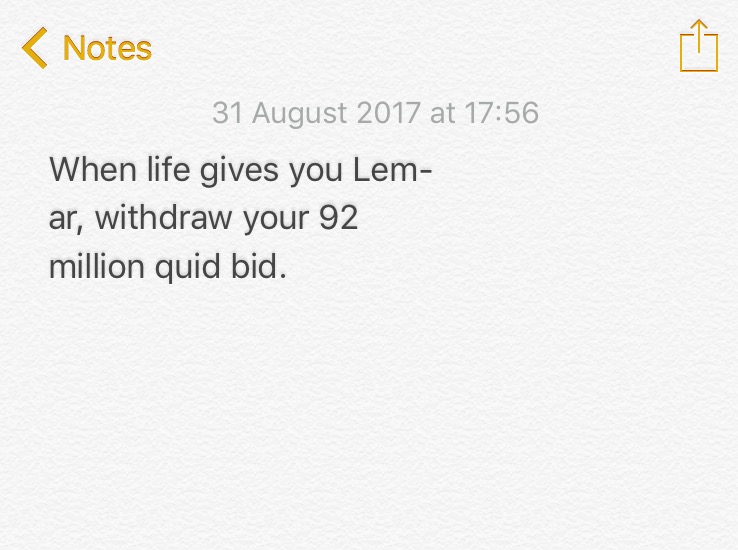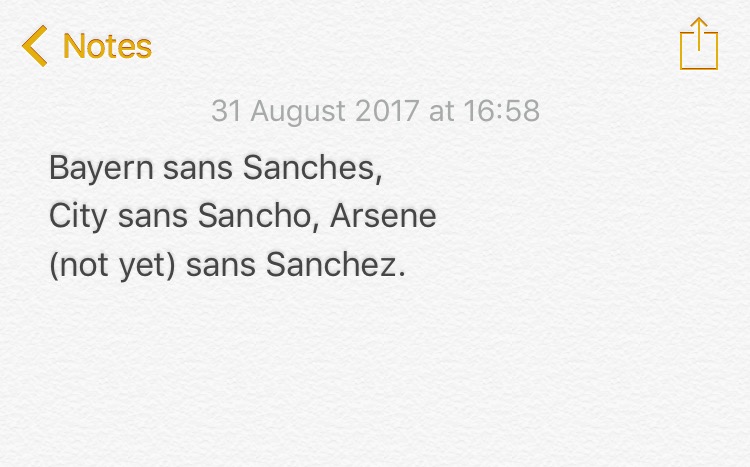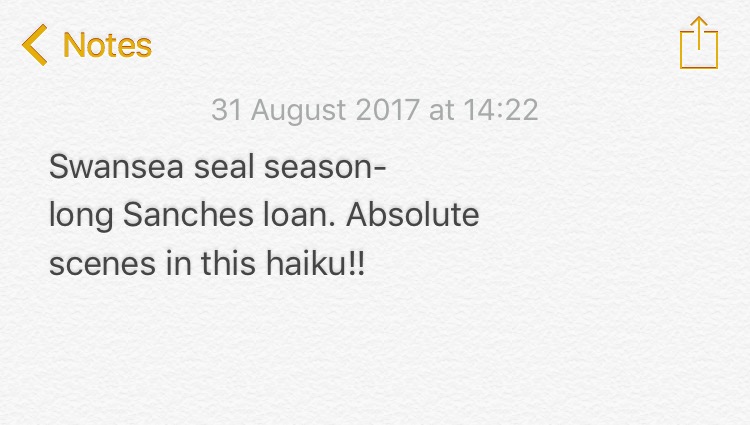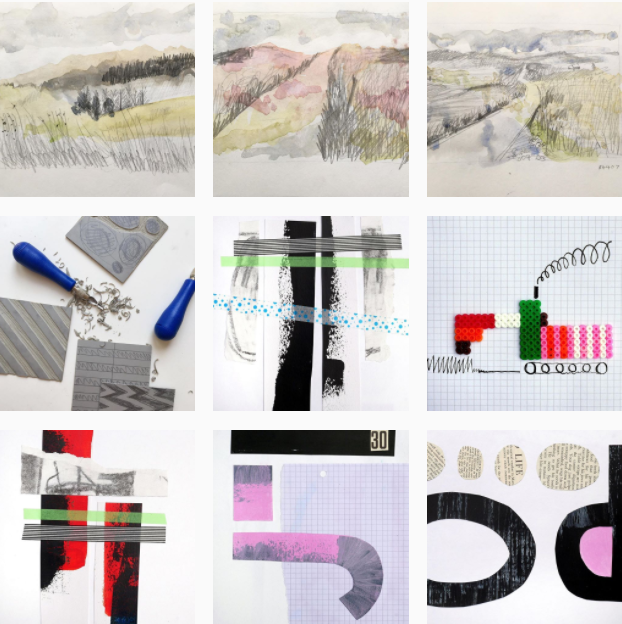True to its name, Perpetual Disappointments Diary is back – in an updated edition packed with underwhelming features. The latest edition is the one with the orange bellyband and it’s available from Pan Macmillan in both good and bad bookshops. The US edition continues to be available from Chronicle.
Picking up on the trend for the Quantified Self, there is a new section called The Quantified Loser – a way to keep track of the gradual decline.
There are also some new demotivational quotes mixed in among the old.
And you’ll find perennially useful features such as a travel phrasebook…
…reminders of important dates in history…
… a contacts page for all those friends of yours…
… and a notes section at the back.
It’s been a long journey doing this diary – the original came out at the end of 2012 and we published and sold it independently for a few years. That was a fun time because we got to see exactly who was buying it. The highlight was when David Blaine (!) bought a copy and then ordered 20 more. His PA complained at one point that the covers were curling a little, and we asked her if David Blaine had been staring at them too hard.
We didn’t really – the covers were curling because of production problems that became an annual headache and eventually led us to seek out a ‘proper’ publisher. It’s now in its third edition with Pan Macmillan and I’m not sure whether it’ll extend beyond that – this could be the last sad hurrah.
Working with a publisher means you lose some sense of personal ownership, but it’s also been great fun to see it appearing in shops around the world – lots of photos pop up on Instagram from Australia and New Zealand. Thanks to the Library Shop at Queensland State Library for the photo at the top of this post.
So yes, it’s available now and I’ve no idea how long it will be in future, so maybe act now if you’re ever going to. You can’t argue it’s not a timely gift given the state of the world.
Order now to ensure disappointment. (The link goes to Blackwell’s because they’re nice, but other massive online book retailers are available – just make sure you get the orange edition.)




